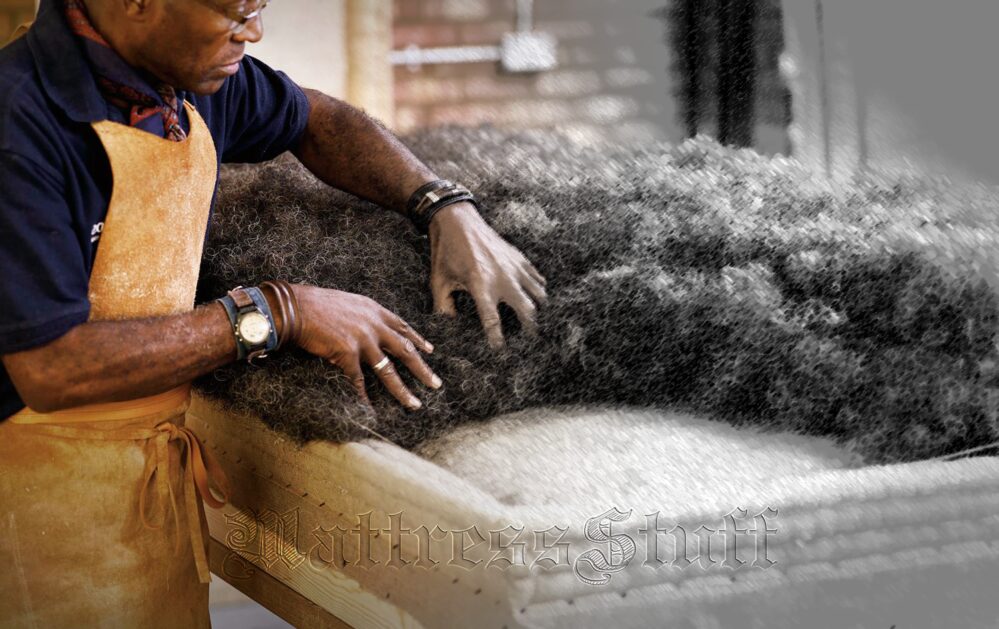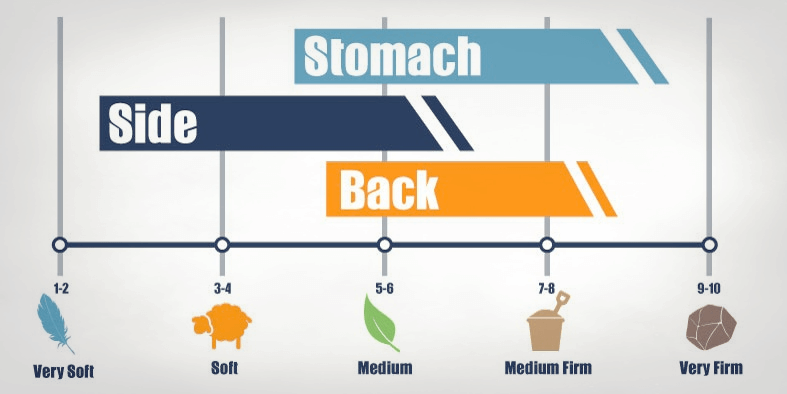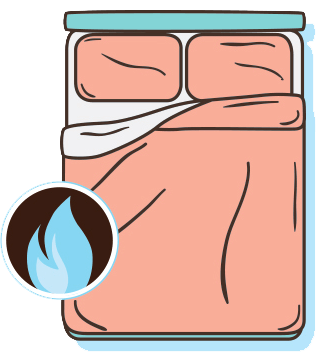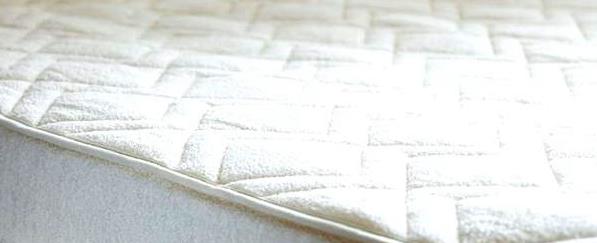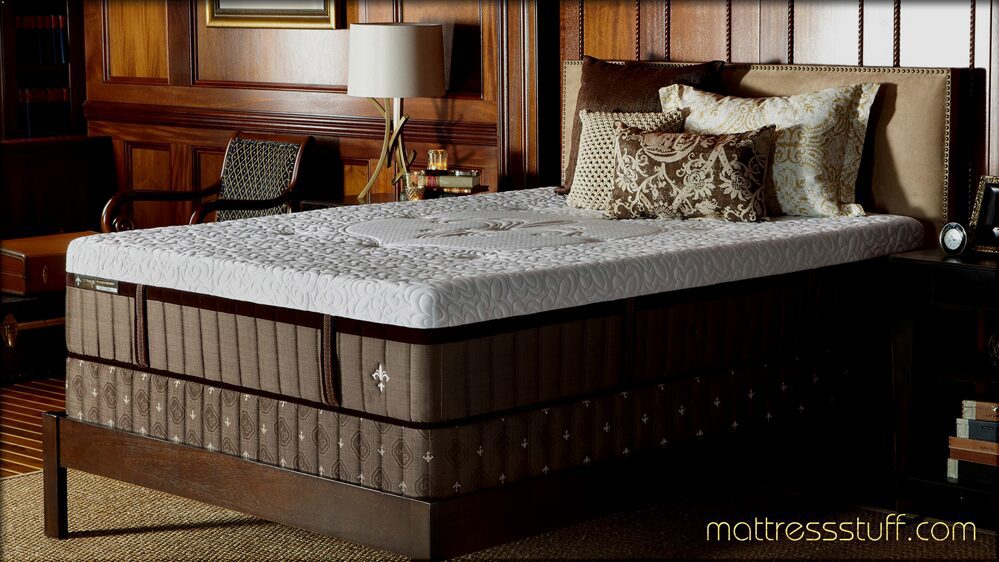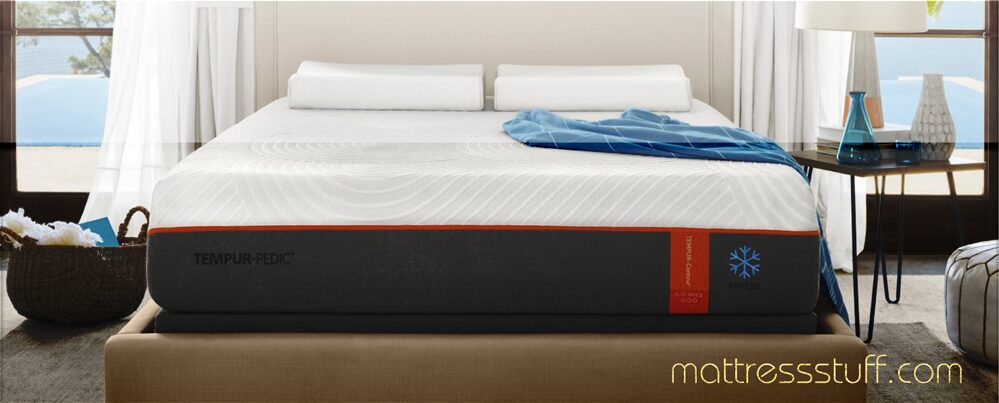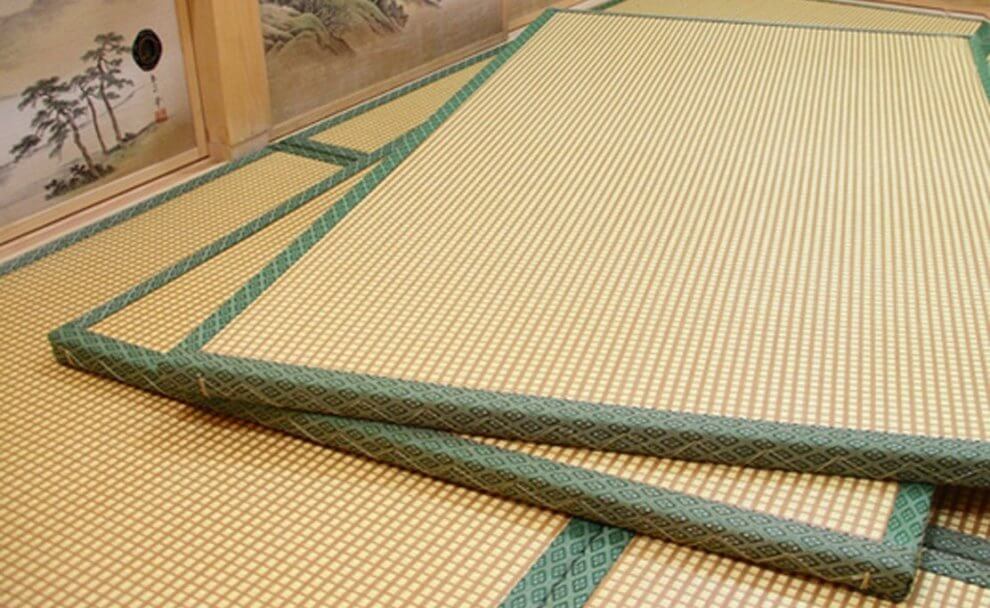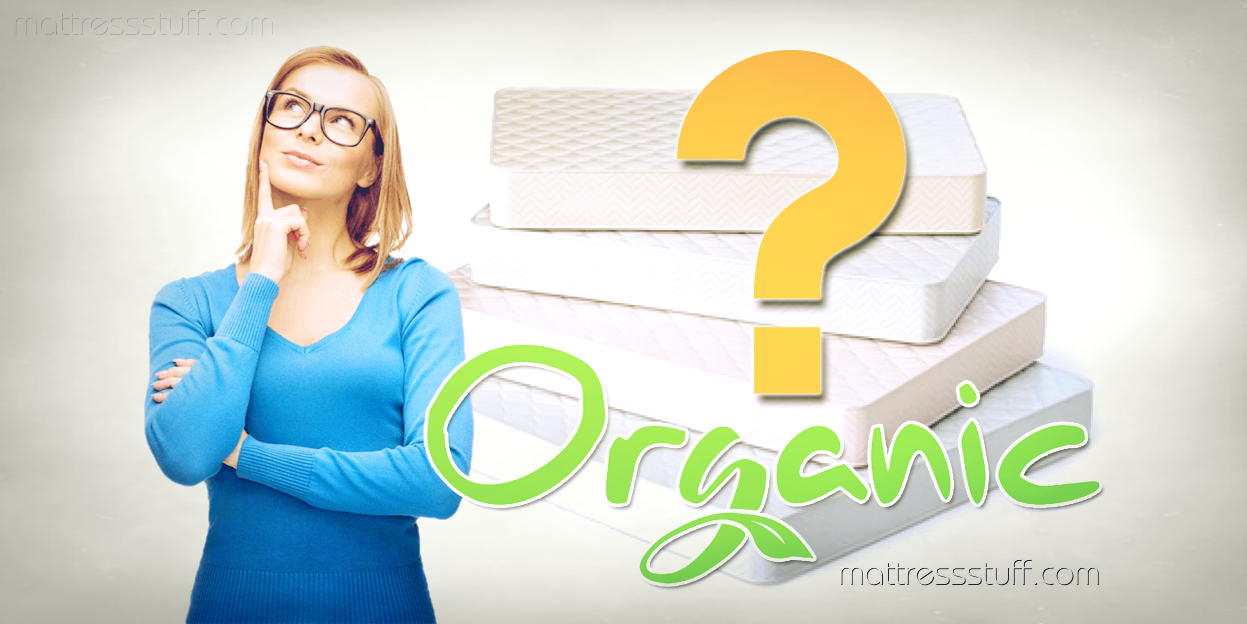
Table of Contents
(All basics about organic mattress) was the subject of the previous article, which included a full guide that you want to own about the green \ natural bedding, such as the definition of natural bedding and materials used in manufacturing through the recognition of its advantages and disadvantages.
- In this article, we will answer the question of ‘How to choose the optimal organic mattress’.
1- Which materials to look for?
It is essential to know which material goes into your organic mattress. In general, there are a few options for you to choose organic mattress:
– Natural Latex
On the contrary of synthetic latex, its natural counterpart is combined from the sap of rubber trees. Latex model can be a mix of natural and synthetic. Though all-natural latex mattresses can use some chemicals in the process of manufacturing, these are undoubtedly one of the most truly natural options. Organic latex mattresses are wildly famous as very durable yet expensive.
– Memory foam
All kinds of memory foam are basically made with polyurethane, which means that they’ll never be completely organic. However, many manufacturers have started using natural materials to produce memory foam mattresses which are partly organic.
– Innerspring
Perhaps you are familiar with innerspring models, which come with metal coils as the main support core. Though these mattresses clearly cannot be “organic’. in our traditional sense, a few manufacturers commit to being more environmentally-friendly by using responsibly-sourced or recycled metal. Some other innerspring mattresses which claim to be natural might use organic fibers such as cotton or wool for the comfort layers.
– Wool
Wool is undoubtedly one of the best natural materials when you choose an organic mattress. The inclusion of a wool layer inside the casing can aid in dissipating any excess heat and help you feel comfortable in hot days. Also, it creates the natural insulation that enhances moisture evaporation and air circulation.
– Coir fiber
This material is a natural fiber which is removed from coconut’s husk. That’s why coir mattresses are typically hard and provide a lot of support for your back. – Horsehair
– Horsehair
Horsehair is commonly used for the ventilation system in the mattresses. With unique features, this material can help to eliminate moisture and heat, thus ensuring the comfort.
– Cotton
Natural cotton is often produced without any harmful chemicals. Cotton mattresses can deliver a medium or firm support that might contour to your body’s shape.
2 – Which level of comfort would you need?
– Side sleepers
This type of sleeper needs a mattress which can reduce pressure points and tension. That’s why a plush or cushion firm model like the organic latex is ideal for side sleepers as it might contour around their body yet still deliver good support.
– Back sleepers
Cushion firm or medium firm support is great for back sleepers, and a high-quality organic mattress which doesn’t form a depression over time can be the best choice.
– Stomach sleepers
Stomach sleepers can do better with firm organic mattresses to lower the pressure on their shoulders and back.
3 – Legitimate labels are your first choice
Not all labels on organic mattresses are equally trustworthy. A few labels might come from a third-party certifier, which would have lax standards concerning quality. In general, there are 2 labels that you need to look for to ensure your mattresses are truly natural:
- The Global Organic Textile Standard or GOTS guarantees that up to 95 percent of the materials are organic certified. Also, it bans the usage of a few harmful chemicals such as polyurethane.
- The Global Organic Latex Standard or GOLS is an important label to look for in a latex mattress. It guarantees that the model is 100% percent natural latex.
A truly natural latex model should have both the GOTS and GOLS label.
4 – Make sure to choose a matching organic sheet
If you’ve spent a lot of time to buy a non-toxic mattress, you might not want to undo the effort by selecting a sheet constructed with harmful components. That’s why it is essential to purchase natural materials sheets.
Wool is typically the highest-quality option, so it is advisable to choose a completely wool sheet if possible. It might be frustrating to choose organic cotton because it might wrinkle easily. However, a few materials used in cotton would be harmful. If you choose bamboo bedding, ensure that it is chemical free.
5 – Identify limited labels
Some labels don’t guarantee that a mattress is entirely organic, and would be really misleading for beginners. If you notice such labels in a model, it doesn’t mean the mattress isn’t natural. However, it is advisable to go for GOLS and GOTS labels apart from these certifications.
The Natural Content Standard 100 assures the consumers that the mattress consists of natural materials. Nevertheless, it doesn’t mean the unit doesn’t contain a few chemical-laden dyes or flame retardants. The CertiPUR-US label just assures that the foam in a model is organic, while other components might contain toxic chemicals.
6 – Stay away from flame retardants
One of the most common organic mattress tips is to avoid flame retardants. The major concern is often the retardant-polyurethane foam, which would release PBDE components into the air. While sleeping or sitting on the unit, you can breathe these chemicals and face some health issues. Other dangerous flame retardants include 8firemaster 550 and chlorinated Iris.
Therefore, it is better to choose an organic mattress which doesn’t use flame retardants. You can know this by checking the component’s label or ask the store workers.
7 – Avoid boric acid
Boric acid, which might be dangerous for young children and infants, is often used in many mattresses as a pesticide. This component is added into the lining to prevent pests such as bed bugs or roaches. When sleeping on these models, you will be exposed gradually to this chemical, which results in a few health issues like skin blistering or convulsions. Thus, make sure to avoid those products with boric acid, especially when you have kids in the family.
8 – Choose a store which specializes in organic bedding
This step alone will save you half way. You will always want to be sure that you are purchasing your organic mattresses from the right store which specializes in organic products. Since labels like natural or organic would be misleading, a dedicated seller will provide a variety of high-quality and legitimate materials.
This will eventually have a significant importance on the final quality of the mattress you choose. If you wouldn’t find a local store, then it is advisable to search online for trusted sellers, This is a list of some of the most popular organic bedding stores and their websites.
This San Francisco-based shop specializes in DIY natural mattress kits and also stocks organic sheets and pillows.
Location: Marin, California,
Rough Linen is the home of Tricia Rose’s hand-sewn linen line.
Location: Seattle
Uses 100% organic cotton and low-impact, fiber reactive dyes for all of their products.
Online store shows a full selection of organic mattresses, this online store also sells organic and eco-friendly bedding for both adults and children.
Online store that presents a range of natural and organic mattresses, pillows and bed frames \ bases.
Specialized in organic bedding products through their online store or retailers across the country.
100% green \ organic products for the entire home, including a nice selection of bedding.
Online store specialized on organic mattresses, including bulk buckwheat hulls for making your personal pillows.
Canadian retailer with a limited but lovely selection of organic mattresses.
Eco-friendly products, including using 100% organic cotton for all mattresses lines.
9 – Feel free to ask questions
You will always want to be sure that you are purchasing your organic mattresses from the right store. At a place which is truly committed to providing organic materials, the workers won’t hesitate to give you the answers to any questions. Every worker in the store should tell you essential information about how an organic mattress was made and where it comes from
You need to know how much materials in the mattress are organic. Many models might have a label of organic, but these only use about 10 or 15 percent organic materials. Also, make sure to ask about the manufacturing process. Even units made from natural components might be exposed to toxic chemicals in the factory or during the distribution.
10 -Choose a natural cover if you have a tight budget
Most organic mattresses are typically more expensive than traditional beds. So if you have a tight budget, it’s a good idea to buy a natural cover. A cover made of completely organic wool can protect you against the use of chemicals without costing lots of money. Also, consider placing a cotton sheet over the mattress to provide a protective layer between the unit and your body.


